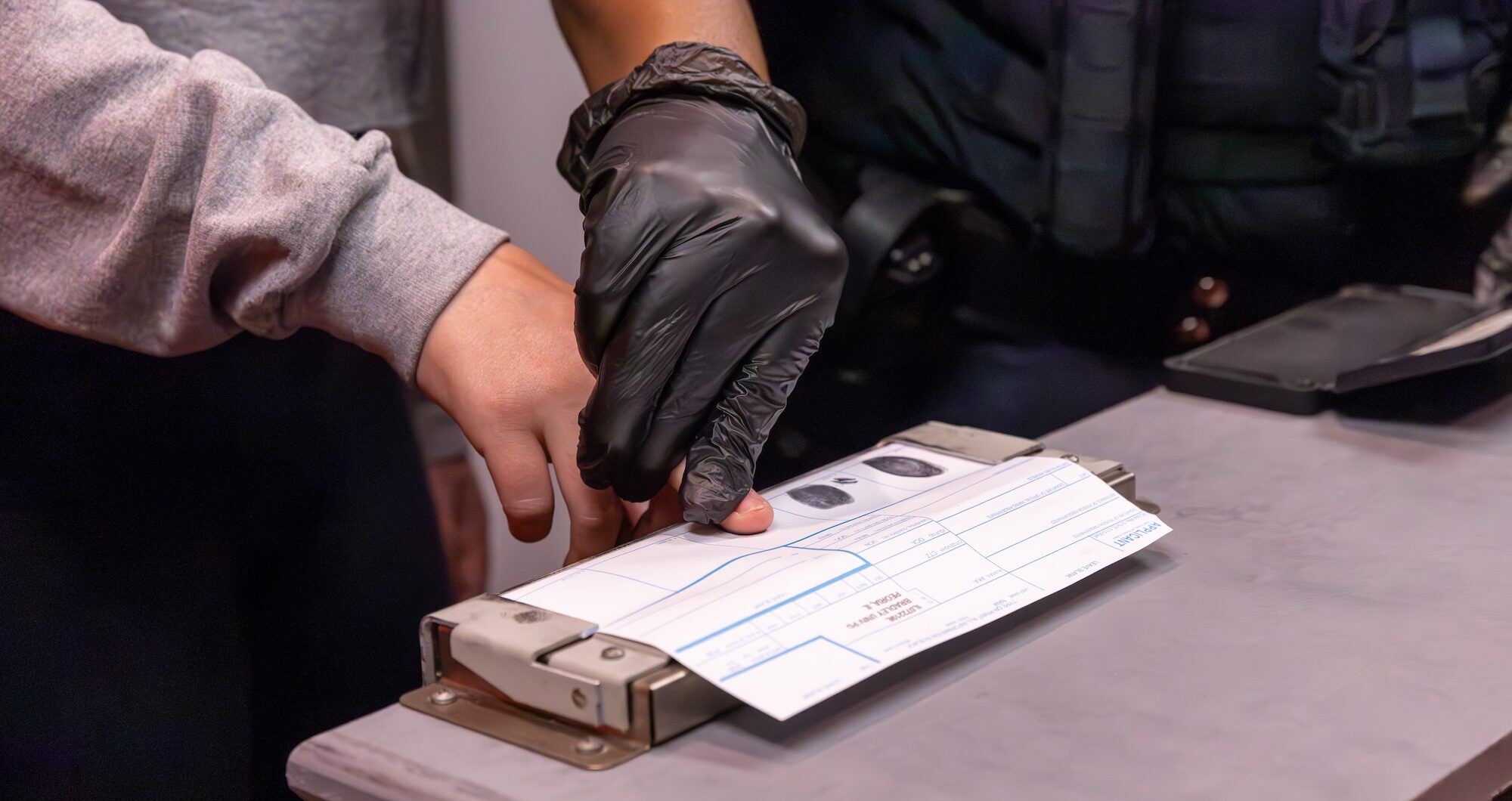Home / Academics / Programs / Major / Criminology
Criminology
Explore the complexities of crime, justice, and rehabilitation with a criminology degree. You’ll gain a deep understanding of the criminal justice system—including law enforcement, courts, corrections, and social services—while examining the root causes of crime and effective societal responses.
With an interdisciplinary approach that includes history, sociology, political science, and psychology, this program equips you with the critical thinking and ethical reasoning skills needed to address real-world challenges in criminal justice and beyond.
Experiential Learning
Gain a well-rounded understanding of crime and justice through coursework and hands-on experiences. You’ll explore topics like criminal law, diversity, ethics, psychology, and violence while building a strong foundation in sociology, political science, and history.
Outside the classroom, you’ll engage in:
- A Living Learning Community for first-year students interested in social justice, featuring a common course and shared housing.
- Guest speakers from Illinois State Police, probation services, juvenile justice, victim advocacy, and corrections.
- Field trips to sites like the Federal Correctional Institute in Pekin, Peoria County Juvenile Detention Center, and Central Illinois Police Training Center, where students train using the same VirTra simulator as law enforcement officers.
Program Details
Required Courses – 45 hrs.
Core Courses – 36 hours
- CRM 110: Introduction to the Criminal Justice System (3 hrs.)
- CRM 225: Criminal Law (3 hrs.)
- CRM 250: Police Organization and Administration (3 hrs.)
- HIS 201: Violence, Crime, and Punishment in U.S. History (3 hrs.)
- PLS 105: Introduction to American Government (3 hrs.)
- SOC 100: The Sociological Perspective (3 hrs.)
- PLS 209: Scope and Methods of Political Science (3 hrs.)
- or SOC: 240 Research Methods (3 hrs.)
- HIS 309: History of U.S. Law Enforcement (3 hrs.)
- PLS 360: Judicial Politics (3 hrs.)
- PLS 419: Introduction to Public Administration (3 hrs.)
- or PLS 420: Public Management (3 hrs.)
- SOC 330: Perspectives on Deviance (3 hrs.)
- PLS 480: Internship in Political Science (1-6 hrs.)
- or SOC 391: Internship in Applied Sociology (1-3 hrs.)
- and SOC 392: Internship in Applied Sociology (1-3 hrs.)
Elective Group A – 6 hours
- SOC 331: Correctional Policies and Society (3 hrs.)
- SOC 332: Juvenile Delinquency (3 hrs.)
- SOC 333: Sociology of Violence (3 hrs.)
- SOC 334: Crime and Society (3 hrs.)
- SOC 390: Topics in Sociology (3 hrs.)
Elective Group B – 3 hours
- SOC 302: The Sociology of Diversity (3 hrs.)
- SOC 312: Social Inequality (3 hrs.)
- SOC 313: Race, Ethnicity and Power (3 hrs.)
- SOC 342: Social Policy (3 hrs.)
Recommended Electives
- CRM 130: Introduction to Investigation (3 hrs.)
- CRM 230: Introduction to Computer Forensics (3 hrs.)
- CRM 301: Theories of Crime and Justice (3 hrs.)
- CRM 303: American Urban History (3 hrs.)
- CRM 330: Advanced Computer Forensics (3 hrs.)
- CRM 360: Drugs and Crime (3 hrs.)
- CRM 380: Topics in Crime, Law, and Justice (3 hrs.)
- CRM 401: Ethics, Crime, and Criminal Justice (3 hrs.)
- PLS 440: Public Policy Analysis (3 hrs.)
- PLS 422: Urban Politics (3 hrs.)
- PLS 459: Constitutional Law (3 hrs.)
- PLS 460: Constitutional Law (3 hrs.)
- SOC 322: Self and Social Interaction (3 hrs.)
- SOC 340: Demography and Urban Studies (3 hrs.)
Career Opportunities
- Law enforcement – Police officer, detective, federal agent
- Corrections & rehabilitation – Probation officer, parole officer, offender re-entry specialist
- Legal & advocacy roles – Victim advocate, pre-trial supervision officer, DCFS caseworker
- Private sector & investigations – Private investigator, insurance fraud investigator
Minors
Learn more about this discipline’s history, its research methods, and topics of interest. Open to all students, the minor pairs well with majors in business, the health sciences, criminal justice studies, political science or pre-law, social work, psychology, or marketing.
Ready to see how parts of the criminal justice system interact? This minor will help you understand factors for crime and how different parts of the justice system address issues. The minor, which is open to all students, works well with sociology, psychology, computer information systems and political science majors.
Explore the scientific study of human activities. This minor introduces you to cross-cultural variations in values, worldviews and ways of life.
You’ll be exposed to topics such as religion, art, kinship, gender roles, communication styles and body modifications. The minor, which is open to all students, often is paired with biology, history, psychology and sociology.

